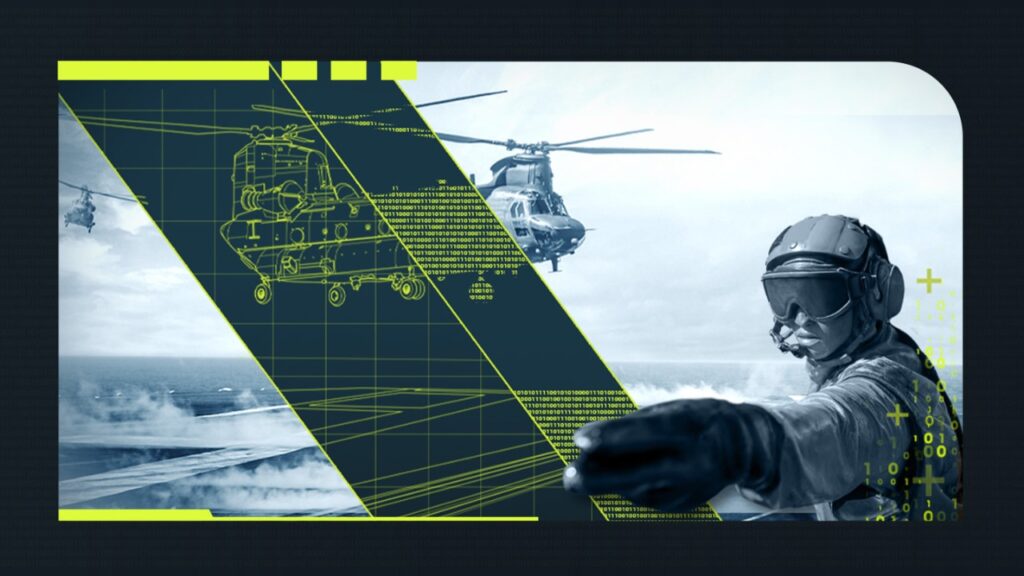In the modern world, cyber warfare has become a crucial aspect of military operations. With the continuous advancement of technology, the potential for cyber attacks to disrupt critical infrastructure, steal sensitive information, and manipulate public opinion is a growing concern for governments worldwide. The evolving threat landscape, driven by technologies like artificial intelligence and quantum computing, requires militaries to adapt and innovate in order to successfully defend against sophisticated cyber attacks. Collaboration with international partners and the development of offensive capabilities are essential steps in preparing for the future of cyber warfare. Ultimately, the ability to effectively navigate the complexities of cyberspace will be key in protecting national security interests in an increasingly digital world.
The Future of Cyber Warfare
Cyber warfare has become an increasingly important aspect of military operations in the modern world. As technology continues to advance, the potential for cyber attacks to disrupt critical infrastructure, steal sensitive information, and manipulate public opinion has become a growing concern for governments around the world.
The Evolving Threat Landscape
The development of new technologies such as artificial intelligence, machine learning, and quantum computing has opened up new possibilities for cyber warfare. These tools can be used to launch sophisticated attacks that are difficult to detect and defend against, making traditional approaches to cybersecurity increasingly obsolete.
Challenges and Opportunities
While the evolving threat landscape presents significant challenges for military organizations, it also offers opportunities for innovation and advancement. By harnessing the power of technology, militaries can develop new strategies and tactics for conducting cyber operations in an increasingly complex and interconnected world.
Defending Against Cyber Attacks
One of the key challenges for militaries is developing effective defenses against cyber attacks. This requires a combination of technical expertise, advanced cybersecurity tools, and collaboration with other government agencies and private sector partners. By investing in training and equipping cyber warriors with the latest technology, militaries can stay one step ahead of their adversaries.
Offensive Capabilities
In addition to defense, militaries must also develop offensive capabilities to deter and respond to cyber threats. This includes the ability to conduct cyber operations to disrupt enemy communications, sabotage critical infrastructure, and gather intelligence on potential adversaries. By building a robust cyber warfare capability, militaries can enhance their overall military effectiveness and strategic deterrence.
The Role of International Cooperation
Cyber warfare is a global issue that requires international cooperation to address effectively. By working together with other countries and organizations, militaries can share information, coordinate responses to cyber incidents, and develop norms and guidelines for responsible behavior in cyberspace. Building trust and collaboration across borders is essential for deterring malicious actors and reducing the risk of conflict.
The Future of Cyber Warfare
As technology continues to evolve, the future of cyber warfare will be shaped by advances in artificial intelligence, quantum computing, and other emerging technologies. Militaries must continue to adapt and innovate to keep pace with these developments and ensure they are prepared to defend against the next generation of cyber threats.
In conclusion, the future of cyber warfare presents both challenges and opportunities for military organizations. By harnessing the power of technology and collaborating with international partners, militaries can enhance their cyber warfare capabilities and protect their national security interests in an increasingly digital world.
